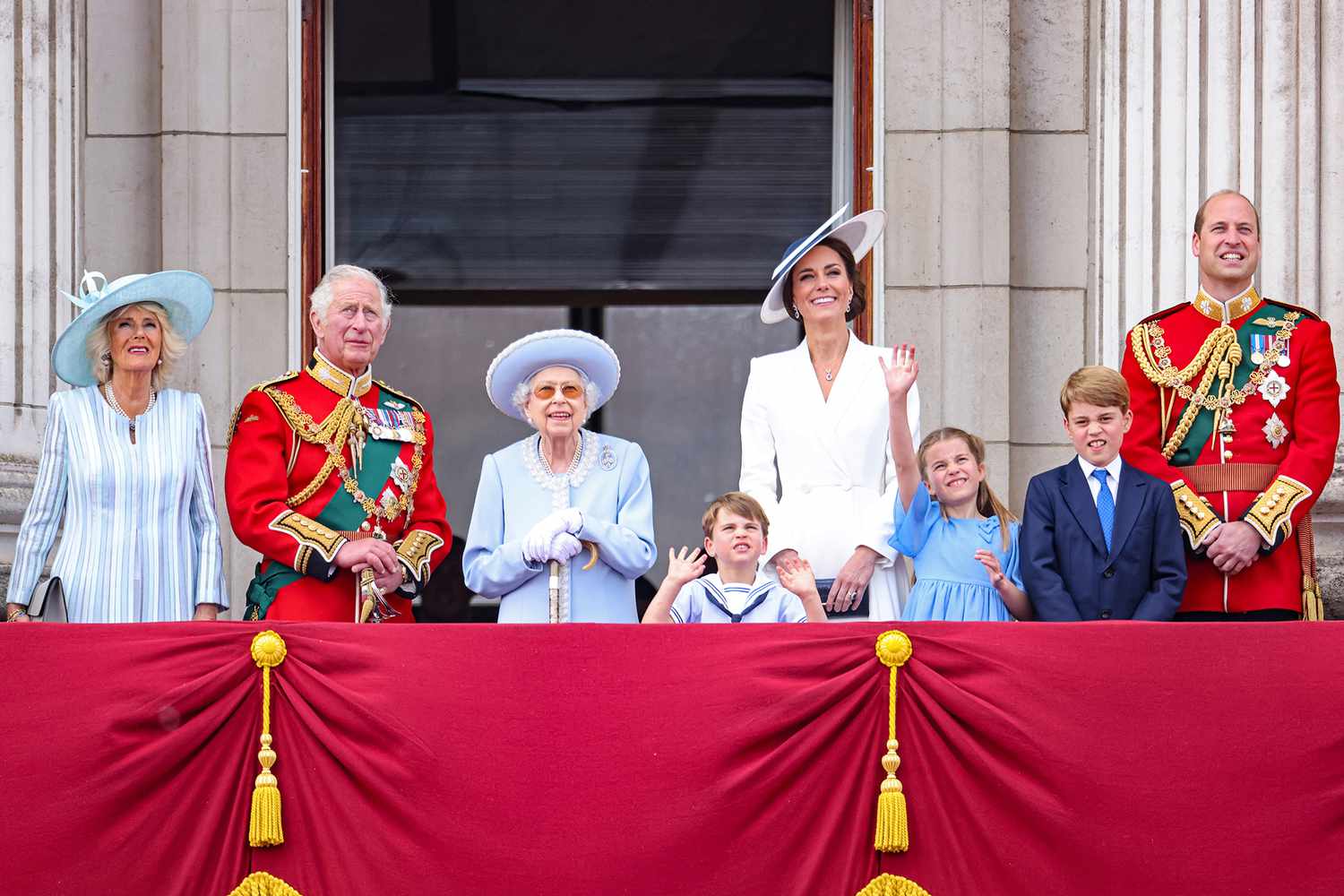A new analysis by anti-monarchy campaign group Republic has reignited the debate over the financial burden the British Royal Family places on taxpayers. The group claims that the true cost of maintaining the monarchy amounts to a staggering £510 million annually, which is nearly six times more than the £86 million officially allocated to the Royal Household through the Sovereign Grant. This gap has raised concerns about transparency and accountability in royal finances, sparking heated discussions across the UK.
The Sovereign Grant, the primary source of state funding for the monarchy, covers various expenses such as staffing, travel, and maintenance of royal residences. However, Republic argues that these figures fail to account for crucial aspects like security. The group estimates that security alone adds approximately £150 million to the overall cost, based on press reports, though they emphasize that the government has yet to provide a clear, definitive figure.
According to Sir Michael Stevens, the Keeper of the Privy Purse responsible for overseeing the financial affairs of King Charles III, the Royal Household is committed to delivering value for money. However, this assurance has done little to quell the growing criticism from Republic and other anti-monarchy groups.
Graham Smith, the chief executive of Republic, questioned the justification of these exorbitant costs, particularly in light of ongoing government cuts to public services. “How can we talk about cutting the winter fuel allowance while wasting half a billion pounds on the royals?” Smith asked, underscoring the perceived disparity between royal expenditures and the financial struggles faced by many citizens.
In addition to security costs, Republic’s £510 million figure includes what it calls “lost income.” The group claims that royal residences could generate an estimated £96 million in annual commercial revenue if they were opened up for public use. Moreover, Republic contends that the Duchies of Lancaster and Cornwall, which fund the King and the Prince of Wales respectively, should be contributing to the public purse rather than being used for royal financing. The taxpayer, they argue, is losing out on an additional £99 million each year due to this system.
Republic has been highly critical of the current funding structure, labeling it as opaque and lacking in transparency. The group has gone so far as to describe it as a “scandalous abuse of public money,” calling for a drastic reduction in royal expenditures. They argue that the running costs of a head of state should be capped at £5 million to £10 million per year, with the King receiving a salary pegged at £189,000—comparable to that of the prime minister.
Buckingham Palace, however, has remained silent on these accusations. The latest financial report on the Sovereign Grant, released in July, shows that funding for the Royal Household will remain at £86.3 million for the 2024-25 fiscal year. However, it is set to rise significantly to £132 million in 2025-26, driven by increased profits from offshore wind farms, which contribute to the Crown Estate’s earnings.
Despite this, Sir Michael Stevens emphasized that the Sovereign Grant has not increased in three years, even as inflationary pressures and the additional costs incurred by the change of reign have weighed on royal finances. “What has remained constant is the determination to deliver value for money in ensuring the Royal Family are able to serve our communities to the best of their abilities, even in difficult personal circumstances,” Stevens remarked earlier this year.
While the financial cost of the monarchy is a contentious issue, supporters argue that the royals bring considerable economic benefits, including boosting tourism and enhancing overseas trade relations. A YouGov poll conducted last month revealed that 55% of respondents believe the monarchy represents good value for money, while 30% disagreed. Beneath these overall numbers, however, there are significant generational divides. Older respondents are more likely to support the monarchy, while younger individuals express growing opposition, reflecting broader societal shifts in attitudes towards the institution.







